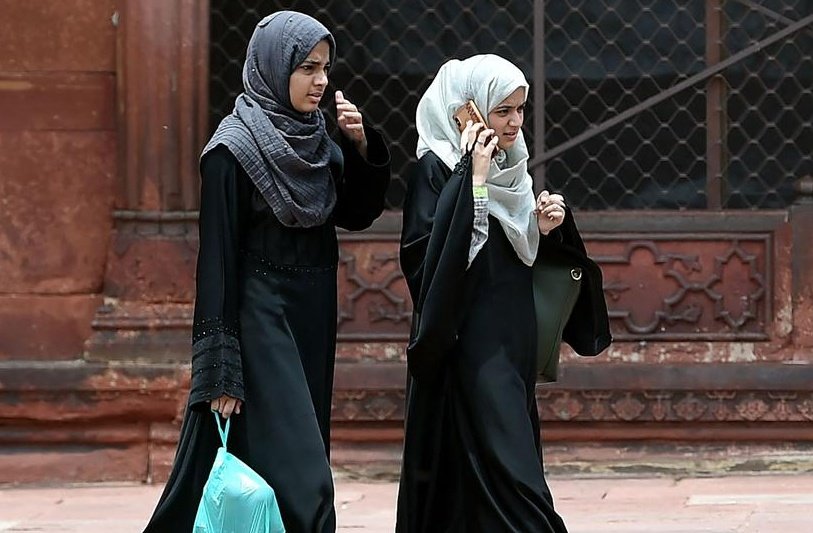The Supreme Court ruled on Wednesday that a divorced Muslim woman is entitled to maintenance from her husband under Section 125 of the Code of Criminal Procedure (CrPc). The bench, which included Justices BV Nagarathna and Augustine George Masih, dismissed a petition in which the man challenged the order to pay interim maintenance to his divorced wife under Section 125 CrPC.

Bench rules Muslim Women Act 1986 will not prevail above secular law
The bench also decided that if the lady divorces while the case is pending, she can file under the 2019 Act. The 2019 Act adds to the remedy available under Section 125 CrPc.
The bench ruled that the Muslim Women (Protection of Rights on Divorce) Act 1986 would not take precedence over secular law.
Also read: Justice Nagu appointed Chief Justice of Punjab and Haryana High Court
“We are dismissing the criminal appeal with the conclusion that Section 125 CrPC would be applicable to all women and not just married women,” said Justice Nagarathna.
The Supreme Court clarified that the law for demanding maintenance would apply to all women, not only married women.
Section 125 CrPC also applies to Muslim women: Supreme Court
In the Shah Bano case in 1985, the Supreme Court ruled that Section 125 CrPC is a secular legislation that also applies to Muslim women. This was, however, overturned by the Muslim Women (Protection of Rights on Divorce) Act of 1986, and the law’s validity was upheld in 2001.
Also read: Pune Court grants bail to juvenile’s father, grandfather in kidnapping case
During today’s hearing, the bench stated that an Indian married man must become aware of the need to be present to his wife, who is not financially independent. It also stated that an Indian man who takes such efforts on his own deserves recognition.
Case pertain to plea filed by a man against paying monthly maintenance to ex-wife
The case involves a man who filed a petition challenging the Telangana High Court’s order to pay Rs 10,000 in interim maintenance to his ex wife.
Initially, a Family Court ordered the man to pay his former wife Rs 20,000 per month in interim support. This was challenged in the Telangana High Court on the grounds that the couple divorced under Muslim personal law in 2017. The High Court reduced the support to Rs 10,000 per month and ordered the family court to resolve the dispute within six months.
The respondent, the man’s former wife, filed concerns with the Supreme Court regarding the filing of claims under Section 125 of the CrPC.
The lawyer defending the Muslim man in the case claimed that under the Muslim Women Act of 1986, a divorced lady is not entitled to Section 125 CrPC benefits. It was further argued that the 1986 Act is more favorable to Muslim women.
In separate but concurrent verdicts, Justices Nagarathna and Masih affirmed the Muslim woman’s ability to seek maintenance from her former husband while dismissing the man’s appeal.












